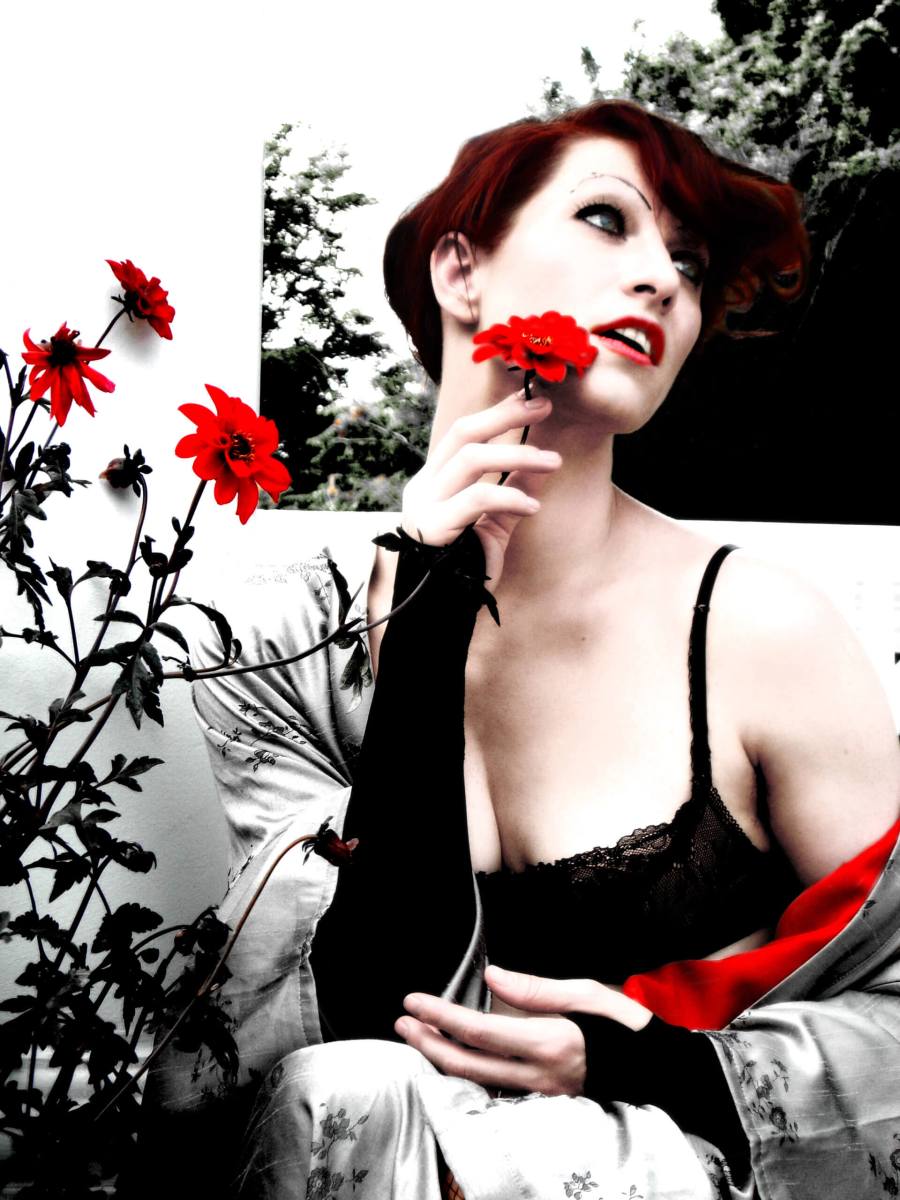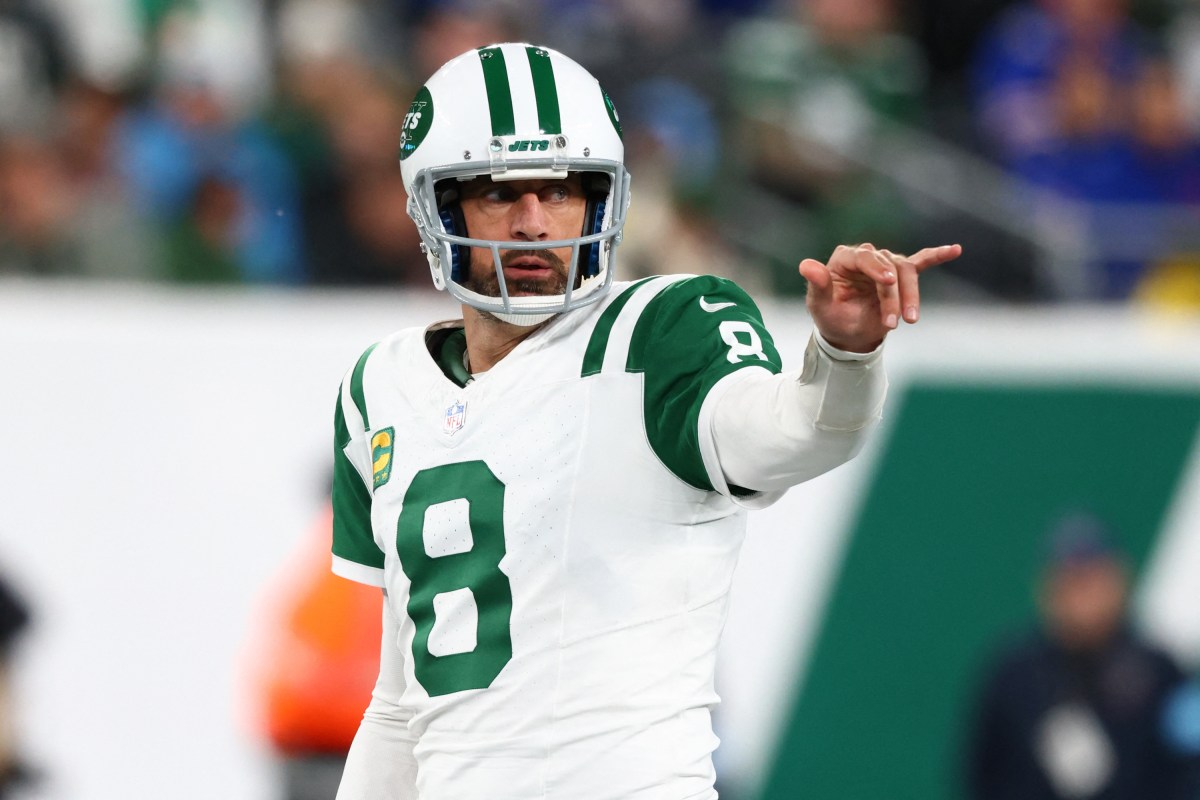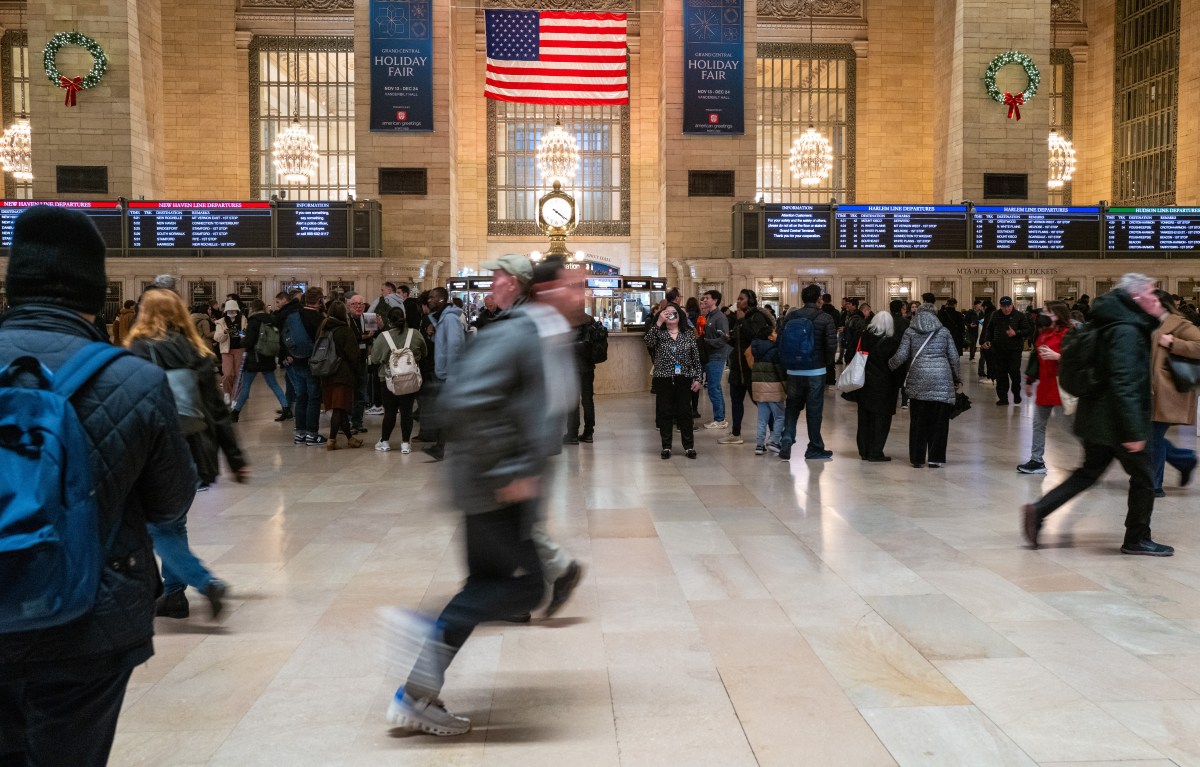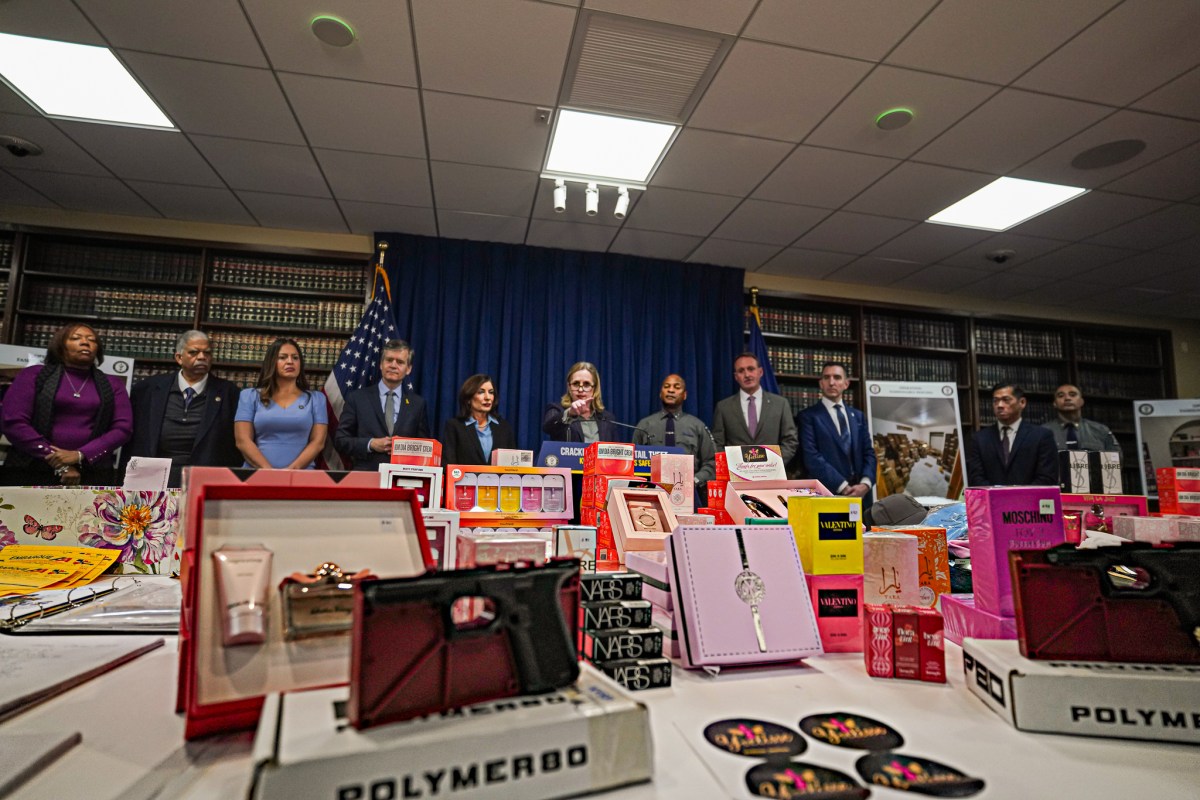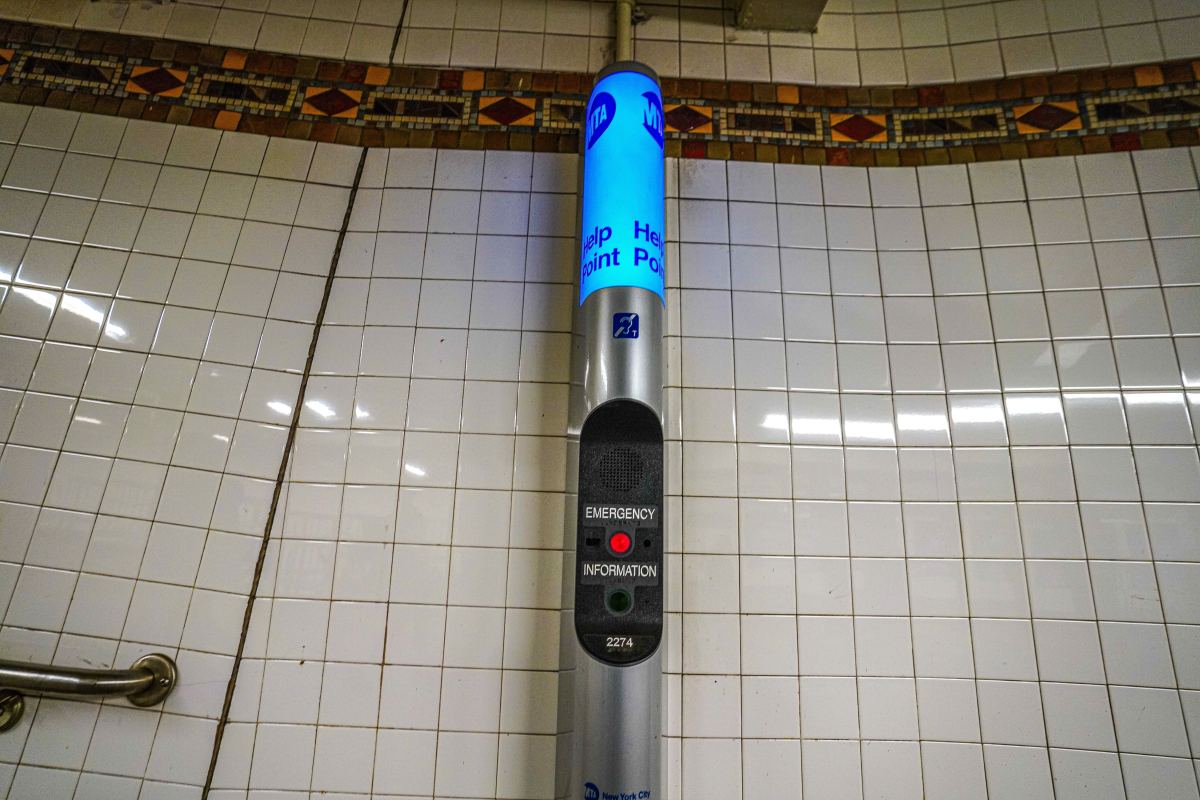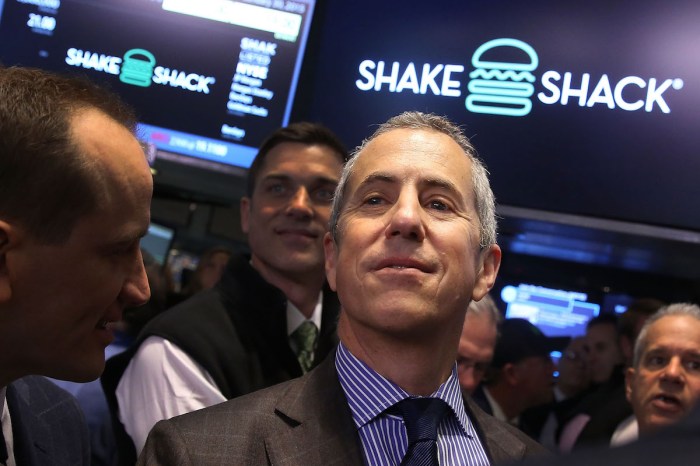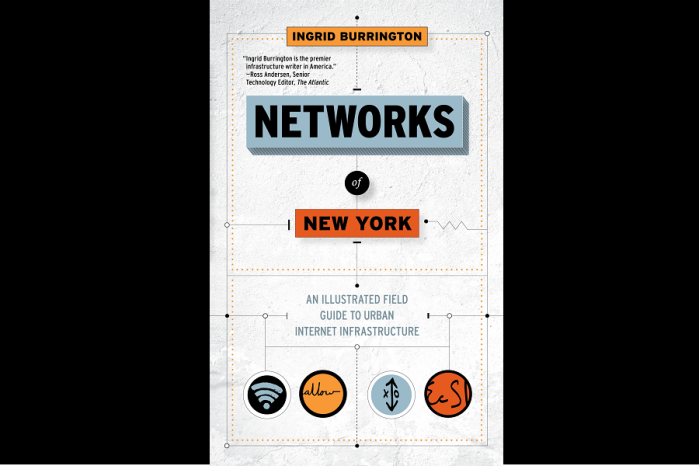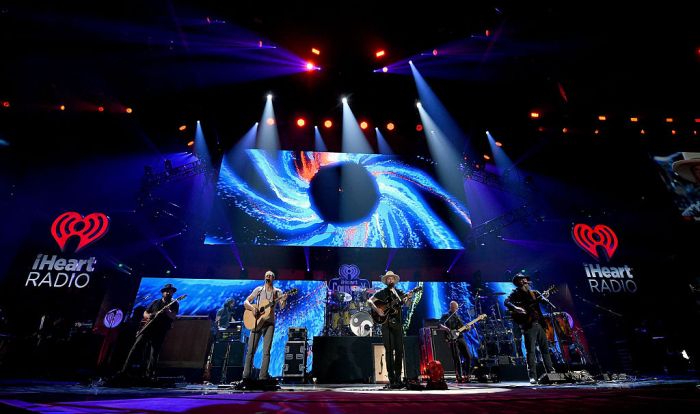Singer Amanda Palmer has had a busy few years. After splitting from her record company, she decided to fund her next album through Kickstarter. What followed next was crazy Kickstarter success, a scandal about whether or not she was paying the amateur musicians she invited to join her onstage, a wedding to novelist Neil Gaiman and the illness of her longtime friend and confidante, Anthony Martignetti. At the end of it all, Palmer gave a wildly popular TED talk about how important it is for artists to be open to asking for money for their work, and now, out today, is her new book, “The Art of Asking,” which covers everything from her days of being a street performer known as “the 8 foot bride” to the details of what it’s like to be married to a wildly successful novelist to how hard it can be to just ask for help. Why do you think people have such a hard time with the connection between art and money?
It’s like the intersection of love and money. We have a romance about one, and a pragmatic idea about the other, and it’s hard to see them merge. We don’t like getting our art dirty. As human beings, we really compartmentalize the money department and the love department and the art department, when in fact those things are often interconnected and undeniably linked. So it can be difficult for a lot of artists to even just talk about it because they want to keep those compartments separate. What made you decide to speak up about this whole art/commerce issue?
I don’t know if there was necessarily a moment when I decided to speak up about it. It was more a question of being called upon. I did not start my music career rolling up my sleeves thinking, boy, I can’t wait to talk to everyone about art and money (laughs.) I started making music because I wanted to be a musician and I loved performing. On the other hand, I despise being told what to do and I didn’t respond very positively to being bossed around by corporate labels and so I was forced into a position of just by necessity running my own business and defending my decisions to people. I’m not a quiet person, and I also really don’t enjoy feeling misunderstood. So all of those things led me down the path of feeling like I needed to explain the ecosystem from which I had come so people could understand why the ecosystem that I was currently using was working so well. Were you worried that people were already too aware of what you were writing about?
To be truthful, a lot of the stuff in the book is not stuff I’ve covered or blogged about. I rarely talk about my real relationship with Neil. I’ve rarely touched on my relationship with Anthony. I haven’t talked a lot on my blog about the old days. The beginning, and my childhood, and the 8 foot bride and that sort of stuff. I sort of blog about my day to day existence and there isn’t very much of my day to day existence in the book. It’s a story of the course of a couple of years and what happens leading up to the Kickstarter and the ensuing controversy and Anthony’s illness. How did Neil and Anthony feel about being written about?
They were really excited and both really excited to help. They both helped write their sections. All of the sections that involve Neil and Anthony, I would draft and then I’d email them over to both of them and ask for clarifications or changes or for Anthony to shape his voice so it was a little bit more authentic and they were right there in the sh—t with me helping me write. It was wonderful. How different do you think you’d be if you hadn’t been a street performer experience?
I don’t think I’d be as open. And I mean that may be my retro, romantic opinion, but I really do think that being a street performer gave me asking balls of steel. And so many street performers understand this point of view. There is a education about humanity and about perseverance that you get as a street performer that you just don’t get anywhere else because you have to just f—cking deal with whatever happens to you. There’s no staff, there’s no other, there’s no safety, there’s no ticket, there’s just no infrastructure. It is you and humanity, and you’ve got to figure it out. What do you recommend to help artists get over the hump of asking?
I wrote a long passage in the book about how even I had constant wracking guilt about my choice to be an artist and how I kind of felt guilty and like I was pulling one over on everybody and even felt strange to get paid. I think, unfortunately, the biggest antidote to that is just time and authentication. I think it’s one of the reasons the internet is so wonderful is it does connect artists to their audiences where you can see that your work is deeply touching people. It’s different from standing on a stage and seeing 300 faces and then running back into the dressing room and going home. Really interfacing with the people who are being touched by your music is one of the keys to really feeling like your job is worth doing and that you’re worthy of being paid for it. At least that was my experience. Do you still have problems with it?
I think I spent the better part of my 30s finally kicking that one to the curb. But it’s like where you hack down one weed, other ones grow. I live in a forest of insecurities and choose daily which tree I’m going to attack. But, you know, it’s a forest. It keeps growing. For more info about where you can see Palmer on her book tour, go to www.amandapalmer.net/shows.
Amanda Palmer shares the secrets of ‘The Art of Asking’
